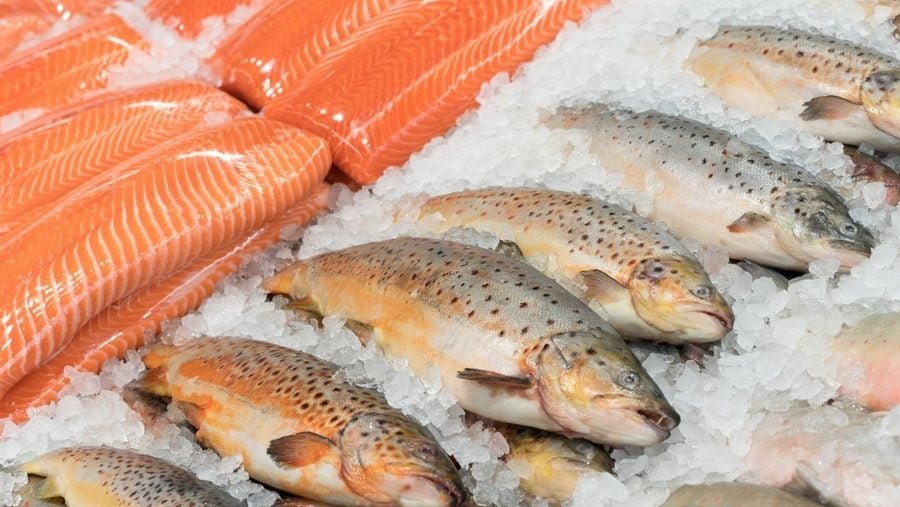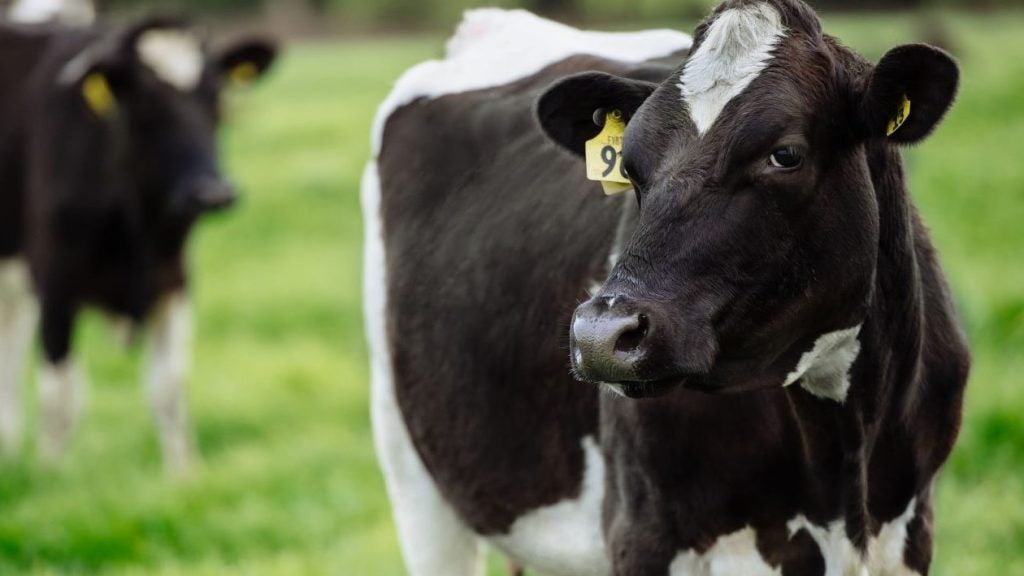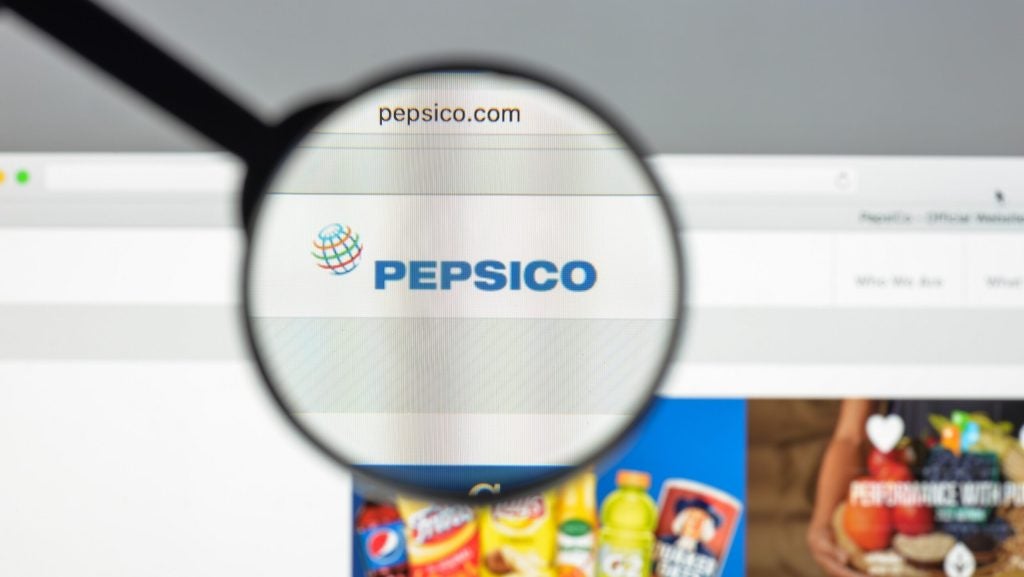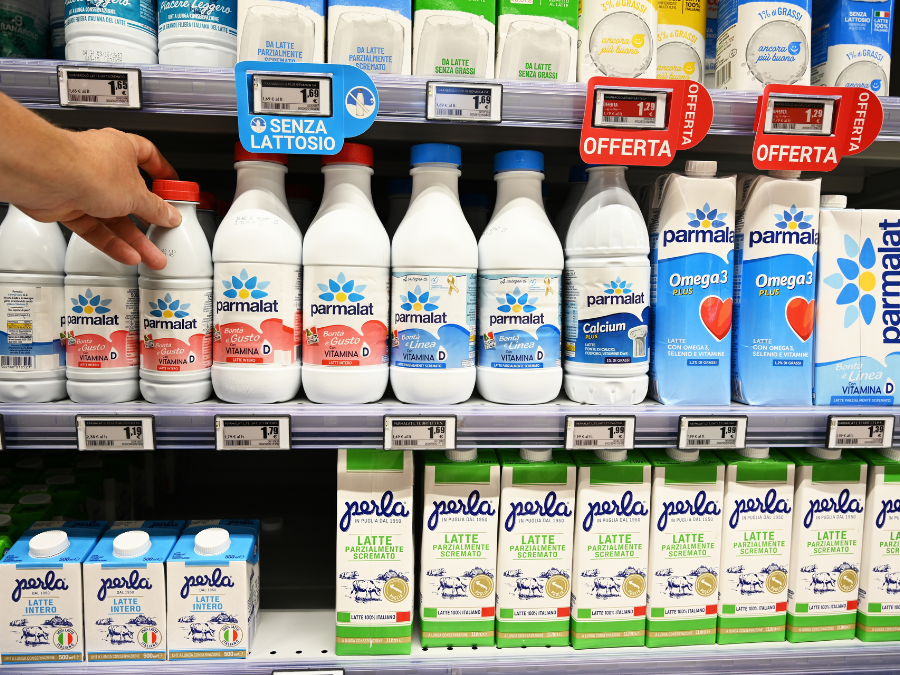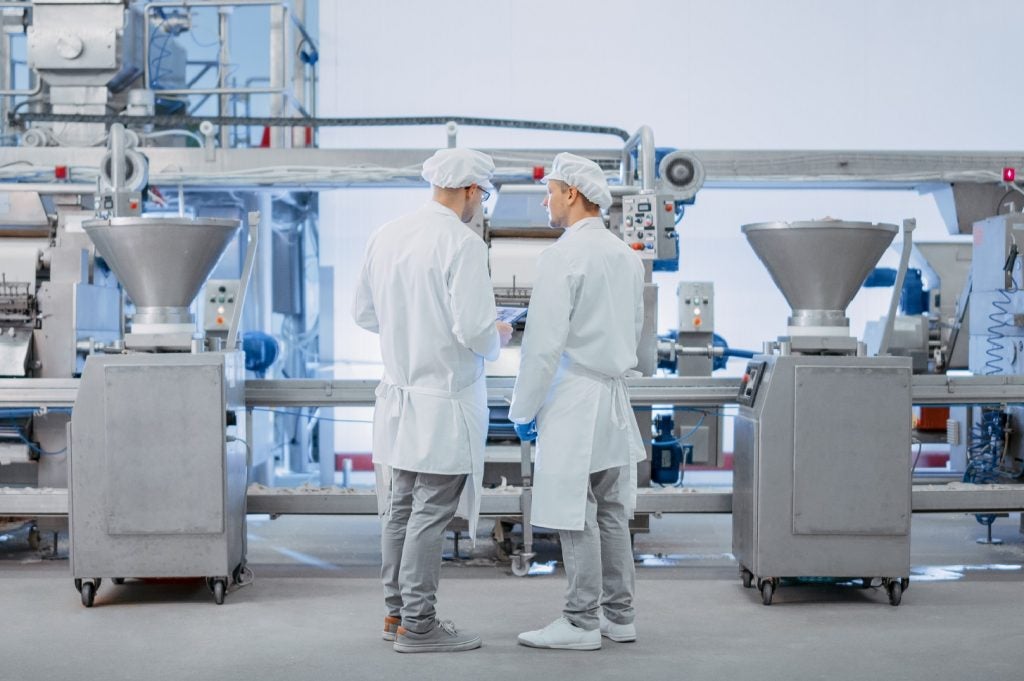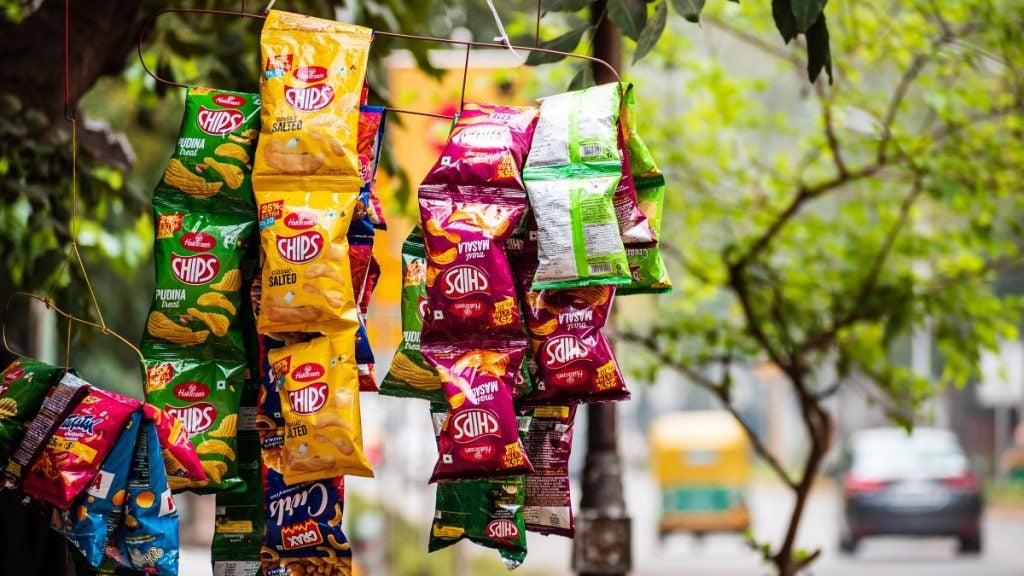Japanese giant Nissui has acquired a majority stake in Netherlands-based fish producer Maxima Seafood.
The deal for Netherlands-based Maxima was conducted through Nissui’s Denmark-based subsidiary Nordic Seafood.
“Maxima will continue as a standalone business,” a Nordic Seafood spokesperson told Just Food.
The company processes and sells locally caught fresh fish, Japanese scallops and tuna.
Nordic Seafood’s portfolio includes fish and seafood species including shrimp, squid, and cod. The company supplies to customers in the foodservice and retail channels, as well as to food manufacturers.
In a statement, Nissui said the deal is part of its “long-term vision” to accelerate its global expansion and grow its business in Europe.
The group’s recent moves in the region include its 2019 acquisition of UK-based Flatfish and its 2021 deal for Three Oceans, another business based in the UK.
In September, Sealord, a New Zealand joint venture between Nissui and Māori-owned Moana New Zealand, netted local fishing company Independent Fisheries, making it the country’s largest seafood business.
In the three months to the end of September, Nissui generated net sales of Y407.13bn ($2.78bn), up 7.9% on a year earlier. Operating profit grew 22.1% to Y16.28bn. Net profit dipped 0.5% to Y11.69bn.
Nissui’s last full financial year ran to the end of March. Net sales were Y768.18bn, some 10.7% higher year on year. Operating profit fell 9.6% to JPY24.49bn. Net profit rose 22.9% to Y21.23bn.


